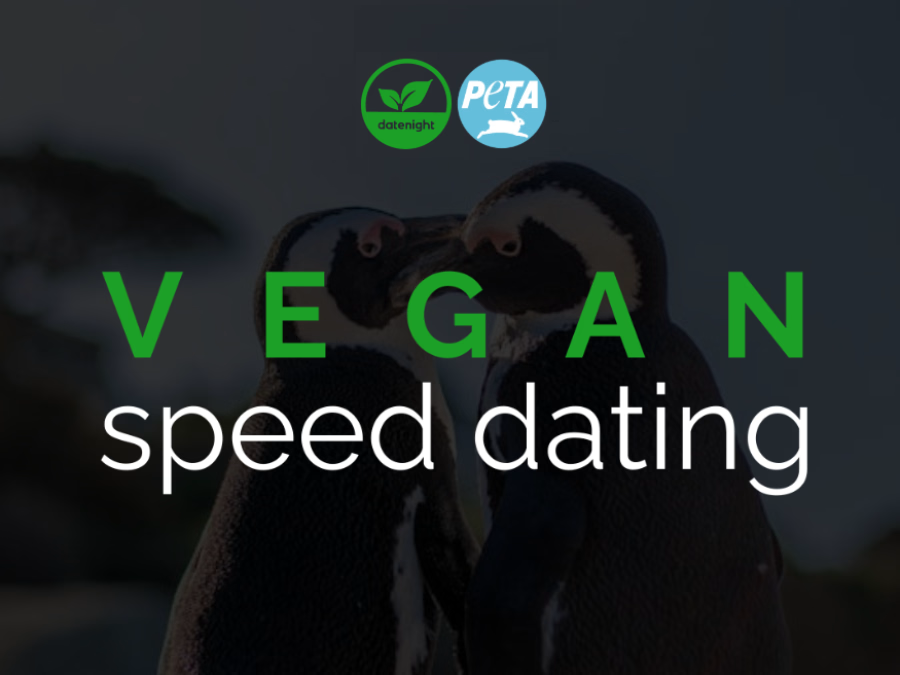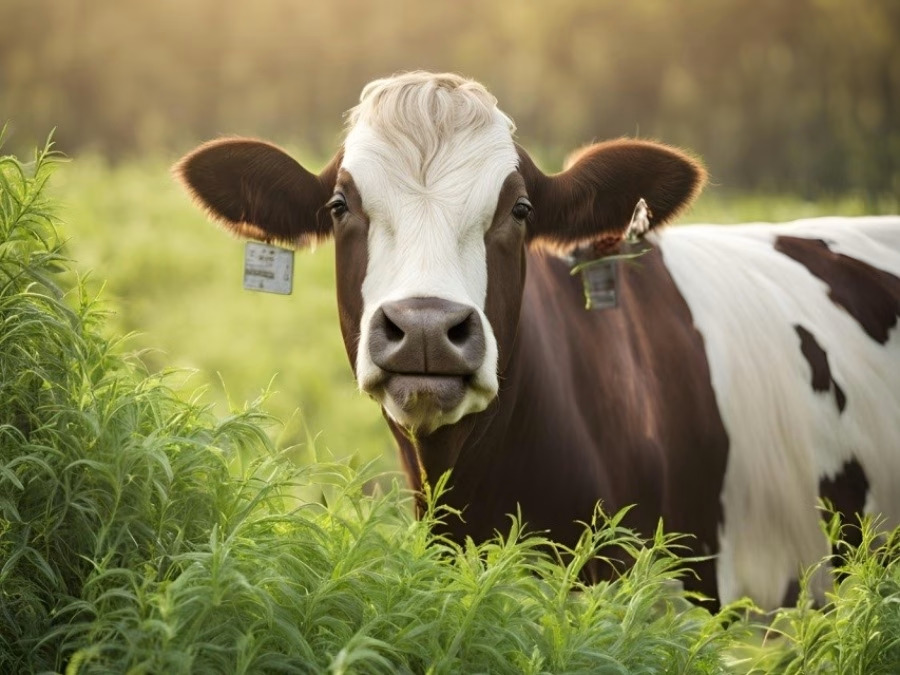In the ever-evolving discourse on sustainable and ethical living, veganism stands out as both a historical and contemporary phenomenon. This blog post, crafted with the intent of shedding light on the roots and ethical dimensions of veganism, aims to offer a comprehensive understanding of this lifestyle choice that transcends mere dietary habits.
The Origins of Veganism
Our journey begins in ancient civilizations, where the principles akin to veganism were first observed. Historical texts from India and the Mediterranean region indicate that avoiding animal products was not just a dietary choice but a philosophical stance, often intertwined with non-violence principles. The essence of veganism, as we understand today, finds its roots in these early philosophies that valued life and sought harmony with nature.
The Modern Vegan Movement
The term 'vegan' was coined in 1944 by Donald Watson, marking a pivotal moment in the modern vegan movement. This period saw veganism transitioning from a philosophical concept to an organized effort advocating for animal rights, environmental conservation, and health benefits. The founding of The Vegan Society symbolized a new era where veganism gained a more defined structure and objectives.
Ethical Foundations of Veganism
At its core, veganism is deeply rooted in ethics. It challenges conventional food practices, questioning the moral justification of using animals for human consumption. Ethical veganism extends beyond diet, encompassing a lifestyle that seeks to exclude, as far as possible, all forms of exploitation of, and cruelty to, animals for food, clothing, or any other purpose.
- Environmental Considerations: The impact of animal agriculture on the environment adds another dimension to the ethical argument. The vegan lifestyle is often seen as a response to the environmental crises, advocating for sustainable practices that reduce carbon footprint and promote biodiversity.
- Health Aspects: While not the primary focus, the health benefits of a plant-based diet have also been a significant driver in the adoption of veganism. It highlights the interconnection between personal well-being and ethical consumption.
- Societal Impact: Veganism is increasingly seen as a social justice issue, addressing the global food crisis and animal welfare concerns. It represents a shift towards more compassionate and equitable food systems.
Challenges and Misconceptions
Despite its noble intentions, veganism faces challenges and misconceptions. It is often misunderstood as being overly restrictive or elitist. However, the essence of veganism lies in its adaptability and inclusiveness, aiming to make ethical choices accessible to all.
- Accessibility and Affordability: Efforts are ongoing to make vegan options more accessible and affordable, breaking the myth of veganism being a privilege of the few.
- Cultural Sensitivity: The vegan movement is increasingly acknowledging and respecting cultural diversity in dietary choices and practices.
- Educational Outreach: Education plays a crucial role in dispelling myths and promoting informed choices about veganism.
The Future of Veganism
The future of veganism is a tapestry of hope and continuous evolution. As society becomes more conscious of ethical consumption, veganism is poised to grow, not just as a diet but as a holistic approach to living in harmony with nature and all sentient beings.
Conclusion
In conclusion, veganism is much more than a dietary choice; it is a commitment to a compassionate and ethical lifestyle. Its historical roots and ethical foundations offer a profound perspective on our relationship with the natural world and its inhabitants.
References and Further Reading
For those interested in delving deeper into the history and philosophy of veganism, a wealth of literature is available. Key references include 'Animal Liberation' by Peter Singer, 'The Ethics of What We Eat' by Peter Singer and Jim Mason, and 'Eating Animals' by Jonathan Safran Foer.
Meta Description: Explore the historical and ethical journey of veganism, from its ancient philosophical roots to its modern significance as a sustainable and compassionate lifestyle choice. Meta Keywords: Veganism history, Ethical veganism, Animal rights, Environmental sustainability, Plant-based diet. This blog post encapsulates Victoria's mature and knowledgeable approach, offering readers a nuanced exploration of veganism's historical and ethical aspects.















